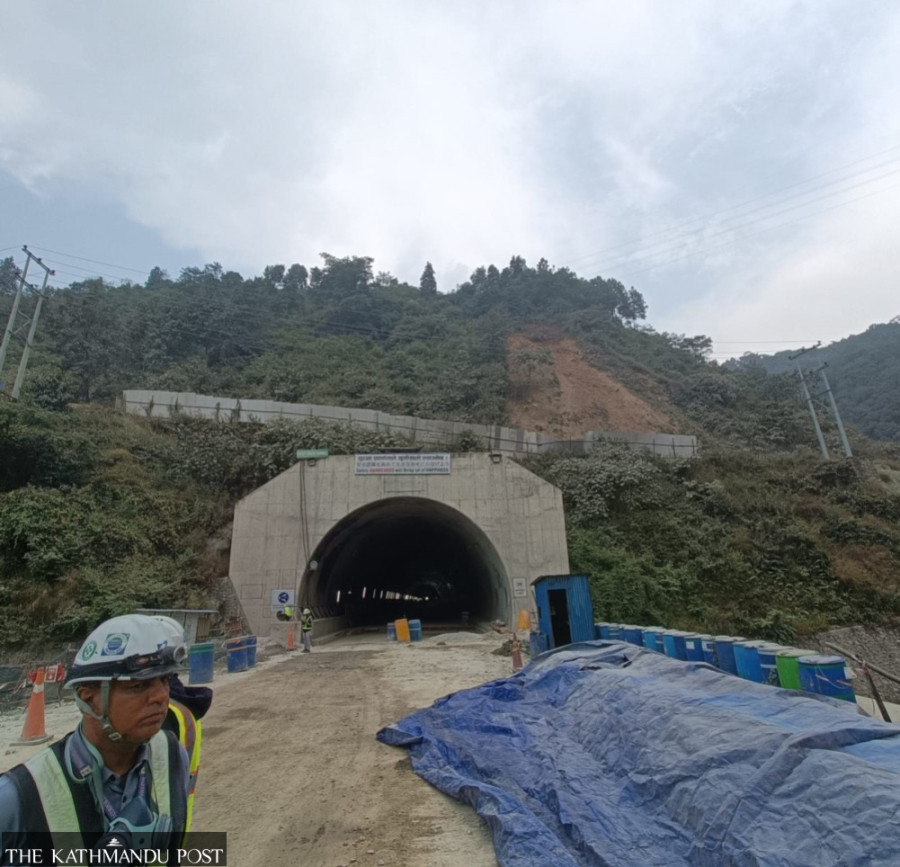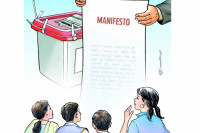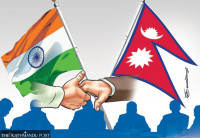National
Toll rates set for first road tunnel in Nepal, motorcycles barred
The Nagdhunga-Sisnekhola tunnel will charge Rs60–Rs600, depending on vehicle type; a trial run is planned for October.
Post Report
The government has set the toll rates for Nepal’s first underground passageway, the 2.8-kilometre Nagdhunga-Sisnekhola tunnel, where motorbikes will be prohibited.
The decision, endorsed by the Cabinet on August 11, followed a proposal from the Roads Board Nepal via the Ministry of Physical Infrastructure and Transport. The tunnel was built with an investment of Rs22 billion.
Toll rates will range from Rs60 to Rs600, depending on the type of vehicle.
According to Saujanya Nepal, director of the project, motorbikes are barred from the tunnel for safety reasons.
Buses and trucks entering Kathmandu will pay Rs260, while those exiting will be charged Rs200.
“The inbound toll is slightly higher because the tunnel saves time and fuel by avoiding the uphill climb. Exiting involves a downhill drive, so the toll is lower,” said Nepal.
Cars and vans entering the Valley will be charged Rs65, and Rs60 for exiting.
Minibuses and minitrucks will pay Rs115 and Rs80, respectively, for entry, and Rs80 for departure. Heavy equipment will be charged Rs600 for entry and Rs250 for exit.
There will be three toll booths for vehicles entering Kathmandu and two for those leaving.
Once operational, the project expects 50–75 percent of vehicles to use the tunnel. A trial phase is planned for October, with full operation to follow.
The tunnel connects Dhading, at the lower end, with Nagdhunga in Kathmandu, bypassing at least 19 hairpin bends along the existing 8 km stretch of the Nagdhunga-Naubise road.
A 2015 survey estimated it takes about 34 minutes to travel this section via the current route.
In 2016, Japan agreed to provide a soft loan of Rs15.28 billion for the tunnel, which would eliminate the need for the circuitous climb over Kathmandu Valley’s western rim, the main overland route between the Capital and the southern plains.
The foundation stone was laid in October 2019 by then-prime minister KP Sharma Oli.
Initially scheduled for completion in three and a half years, the project was delayed by the Covid-19 pandemic and shortages of construction materials.
The deadline, first extended by three months, was pushed to April 25 this year from the original April 26, 2023, completion date.




 11.12°C Kathmandu
11.12°C Kathmandu














